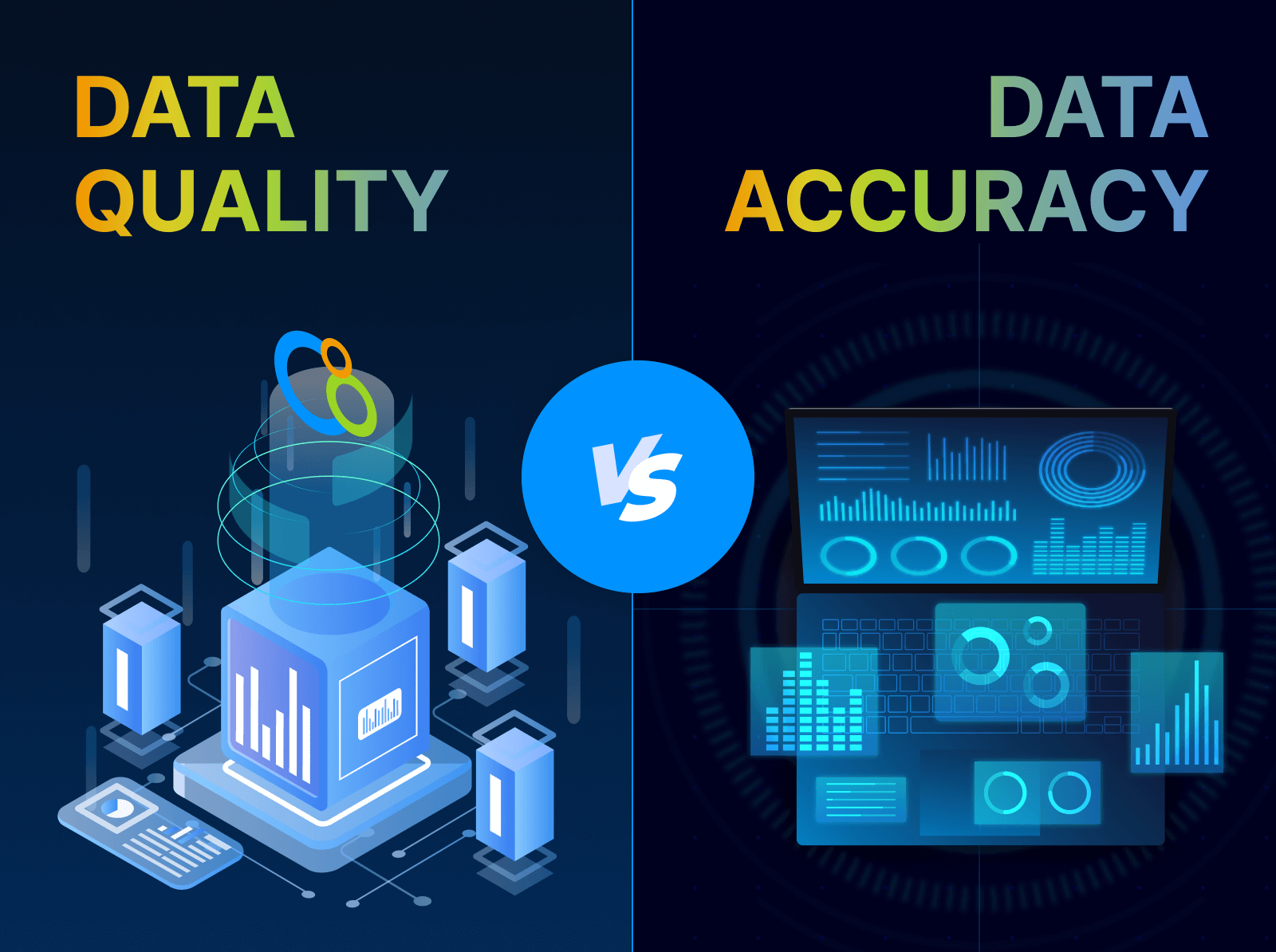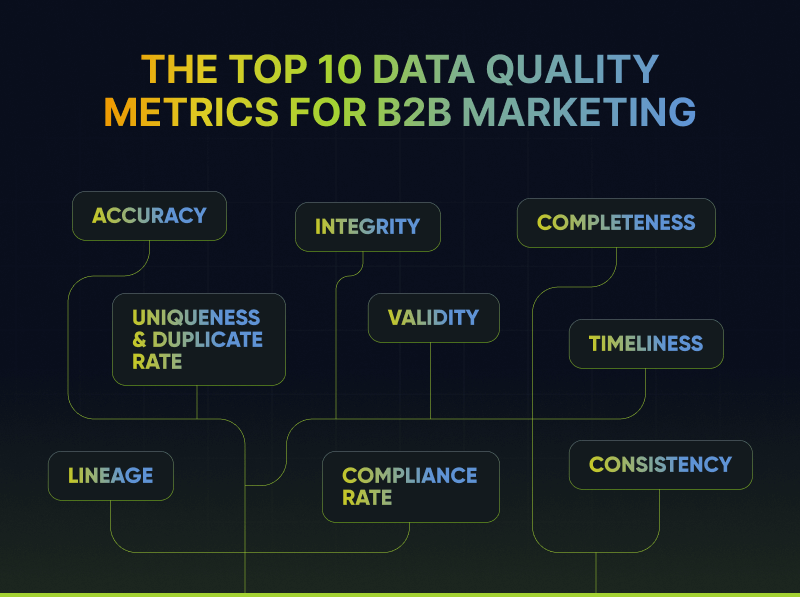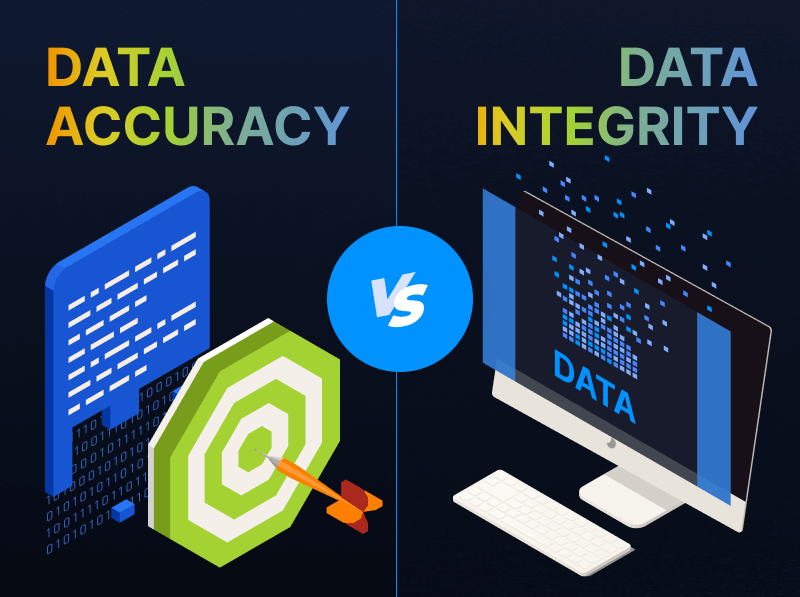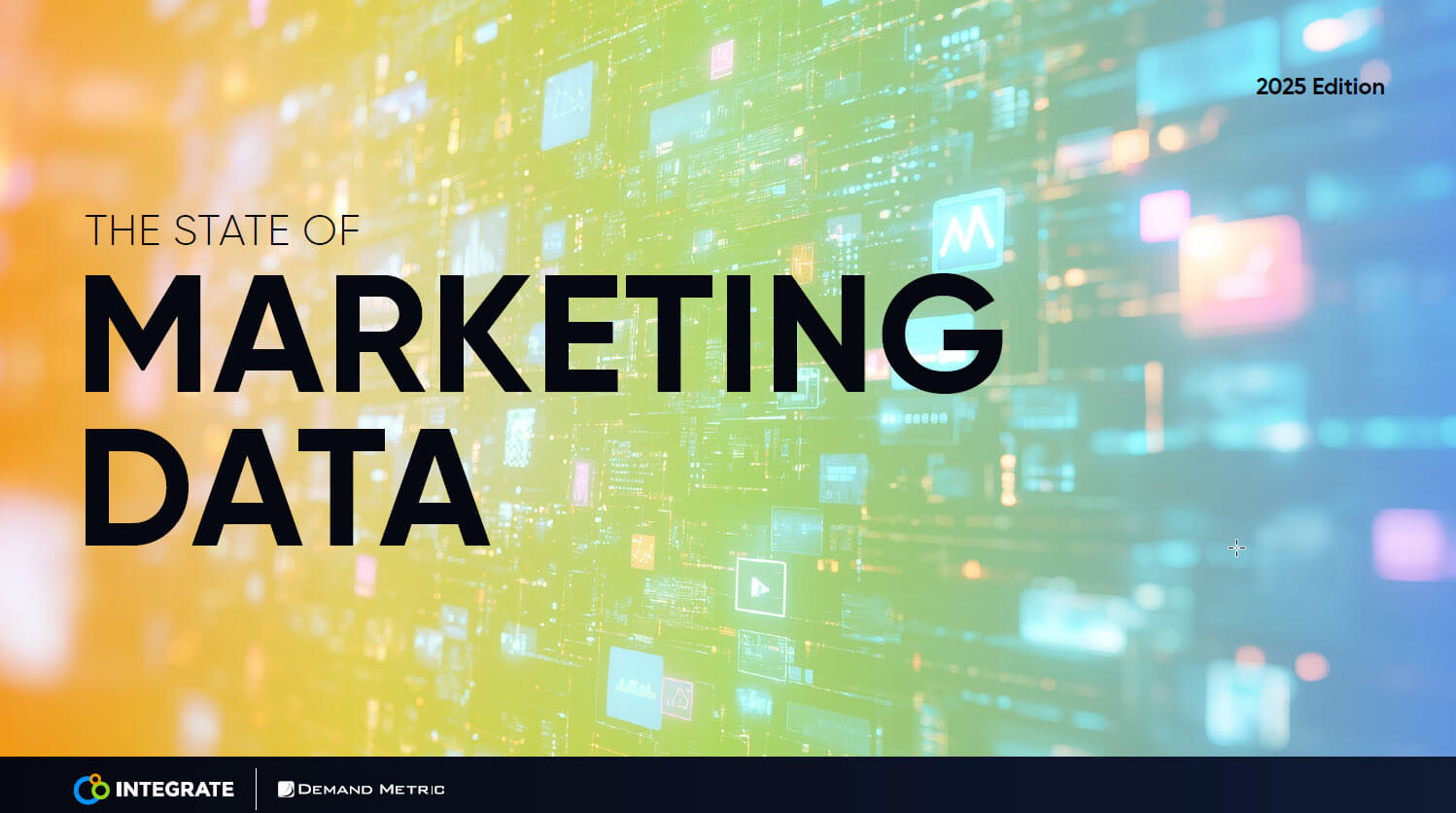What Digital Transformation Means for the Events Industry in 2019
With technology transforming the way we live, work and do business, it’s no wonder that digital transformation is the hot topic in many boardroom agendas. But while most marketing channels have embraced the opportunity to go digital, becoming more measurable and easily optimised, events has lagged behind.
We’re looking at what digital transformation means for the events industry in 2019 – and beyond.
What is digital transformation?
Gartner defines digital transformation as: “Digital [business] transformation is the process of exploiting digital technologies and supporting capabilities to create a robust new digital business model.”
Digital transformation isn’t necessarily about the technology itself – the apps or the latest virtual reality tech. Rather, it’s the fact that technology allows people to solve their traditional business problems in new ways.
Digital transformation in the events industry
On the surface, it looks like the events industry is embracing digital transformation, with all the latest tech on display at big trade shows and expos.
There’s always a lot of excitement about a new technology. Just think of the buzz at the minute around things like virtual reality, augmented reality, wearable tech, or artificial intelligence. Unfortunately, these all sound great, but don’t deliver in ways that matter: helping exhibitors generate more good-fit leads from their events, or helping attendees meet with quality exhibitors.
For the industry as a whole, digital transformation efforts have seen mixed success. For example, 15 years ago you’d have to fax your electricity requirements over to the event organizer for them to add to your file, whereas today you can send that (and much more) by filling out an online form in an event portal. The organisational logistics of booking and running a trade show have been transformed by the adoption of new technology – but the same isn’t true for the experience of exhibiting at an event.
A decade ago the biggest digital transformation for exhibitors was the use of badge scanners and lead retrieval devices. Today, badge scanning is still at the forefront of event technology for exhibitors, but even now badge scanners are most commonly found at the larger trade shows. For other (often smaller) events, exhibitors are left with old-fashioned, manual methods to collect leads – such as using paper forms or collecting business cards.
But it’s inconsistent: not all big trade shows offer badge scanners, while some small events do. It’s up to the event organizer to decide whether lead retrieval devices will be available at their event – meaning it’s hard for exhibitors to develop a consistent, digital lead capture process. Even initiatives such as the use of event apps are often only available at bigger trade shows.
In general, the big trade shows and expos benefit from the ‘latest’ innovations (though badge scanners are hardly cutting-edge, having been in use at trade shows for decades), while smaller events get left behind.
What this means for 2019 – and beyond
Will this be the year that organisations finally break down the silos between events and the rest of their marketing channels? Here’s what digital transformation means for the events industry in 2019 – and beyond.
Consolidation of tools
According to UFI and Explori’s Global Exhibitor Insights report, the top priority for event exhibitors is to generate new sales leads and meet with potential new clients.
But if you exhibit at a lot of events, it’s likely your team uses a badge scanner at one event, and a different type of lead retrieval device at the next. And that’s before you even consider your smaller events, where you’re using more traditional lead capture methods like a stack of paper forms. You’re collecting different information at each event – especially when using badge scanners, as that information is collected by the event organizer, and then passed on to you.
In 2019, we’re looking for a more joined up approach to lead capture: exhibitors using one tool at all their events, so they can develop a consistent lead capture approach and streamline the way they follow-up with attendees.
Control over data
If you’re using a different lead capture process for every event you exhibit at, then your team is likely spending hours after each event on data entry and consolidation, getting your lead data into the right format to add into your CRM.
This is especially true when you’re using lead retrieval devices provided by event organizers: exhibitors have no control over the data they receive – or when they receive it. Exhibitors have to wait for the event organizer to send over their list of leads or provide access to their portal, before they can clean up the data, upload to their CRM, and finally follow-up with their leads.
With no cohesive lead collection process, and event tools disconnected from modern marketers’ technology stacks, the biggest opportunity for the events industry is to empower their exhibitors, give them easier access and more control over their lead data, and join up events with the rest of their marketing stack.
Event organizers need to make it easier for exhibitors to get lead data into their existing systems, so they can follow-up with attendees faster, and improve the ROI of their events.
Successful exhibitors = successful events
UFI and Explori’s Global Exhibitor Insights report highlights a gap between exhibitors’ objectives for their events, and whether they feel they meet those objectives when they exhibit.
Source: UFI and Explori Global Exhibitor Insights report
82% of exhibitors identified ‘generating new sales leads’ as an objective when exhibiting at an event, but only 39% felt they were successful in doing so. Similarly, 83% wanted to meet with potential new clients, and only 49% felt they were successful.
The exhibitor-attendee interaction is still the most important part of trade shows and events – and this is where the biggest opportunity for digital transformation lies. It’s time to stop chasing the latest technology trends, and re-focus on the things that matter to those at the heart of the industry: the exhibitors and the attendees.
It’s clear that the events industry still has a long way to go towards helping exhibitors achieve their objectives. Let’s hope that 2019 can be the year of digital transformation within the industry, to help bring events in-line with the rest of companies’ marketing channels.
Ready for the next step? Download our free guide to get take your trade show and event activities to the next level.









